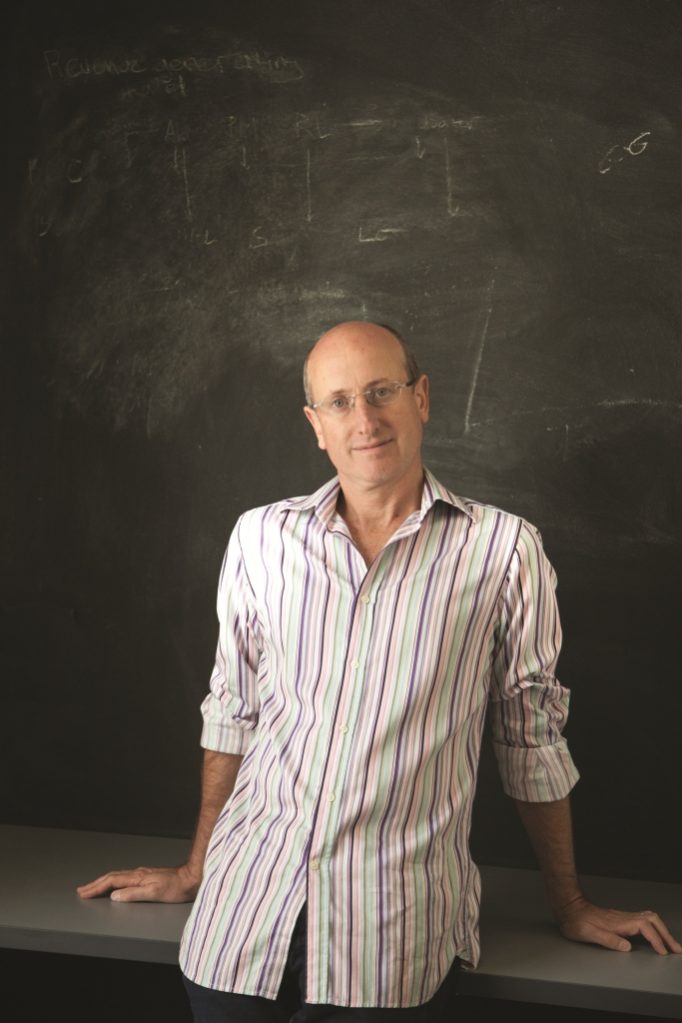Banks and investors are reluctant to risk money in untested projects. Start-ups are left penniless and broken across Africa. Nairobi-based entrepreneur Erik Hersman struggled for capital from banks unwilling to take a risk. Crowdfunding was the answer.
“We had to make sure that we made this innovation come alive and crowdfunding made it easier. Although the process of marketing the idea while being funded is hard, it is worth it,” he says.
Through online crowdfunding platforms, people pledge small amounts of money to projects for 90 days, for a reward.
Hersman turned to crowdfunding and met people that gave his new business a lifeline.
“It wasn’t just about raising money for the project but we also wanted to test out if anyone else wanted this product. Sometimes something sounds great in our heads but no one else would be interested,” he says.
Using Kickstarter, one of the many crowdfunding sites in Africa, he raised over $160,000 for BRCK – a device that helps people go online where electricity is scarce. It can hop between Ethernet, Wi-Fi and 3G and 4G.
“We looked at the market and we were asking ourselves, why are we trying to connect to the internet using devices that are made in Europe and the US when we have a different infrastructure in Kenya; so we started designing and developing a new way to connect to the internet.”
BRCK began shipping units in July 2014. Thousands had been sold to 54 countries by February 2015. The company employs 40 people.
Hersman is grateful for crowdfunding and says entrepreneurs should use it.
“It is not currently well used and understood in the continent but I wish more people could make use of it,” he says.
Entrepreneur Patrick Schofield, co-founder of Thundafund, a crowdfunding site based in Cape Town, says many businesses fail in their first year and good ideas rarely see the light of day.
“Crowdfunding is the most powerful mechanism we have in Africa. If you have a really good idea and people like it, they will support it. People can put $100 for a good idea, for example, but they are sceptical to put down $5,000 for something that hasn’t been tested,” says Schofield.
“Through the process of the campaign, we test if the idea is viable and if there is a market for it. The entrepreneurs say how much they need to execute their plan. If the target is not reached, the donated funds are returned to the funders.”
Thundafund claims it has funded 170 projects worth R6,123,843 ($550,000).
“There are a lot of ideas around how you can thank or reward backers. This is a very important part of crowdfunding because it will determine how well your campaign will do. For example, you can offer the product you want funding to create as reward, early access to the product or service for example when looking for funding for an album, you will offer signed CDs, VIP access to shows; you can make your backers part of the project and much more,” says Schofield.
Crowdfunding platforms like Malaik, AngelList, EarlyShares, and Seedrs offer equity.
Malaik spokesperson, Vias Lustig, says equity crowdfunding is great, but has drawbacks if not well managed.
“An early-stage company that has raised financing from a hundred different investors through an equity crowdfunding platform will have more trouble getting follow-on investment from venture capitalists,” says Lustig.
Malaik, based in West Africa, acts as a nominee. All the crowdfunded money is channelled through a special purpose vehicle (company formed for investing in equity) that appears on the entrepreneur’s books as a sole investor.
“Smaller investors that participate in equity-crowdfunding are also less likely to contribute and help the entrepreneurs with their business plan, since they have smaller incentives. Malaik also thought about curbing this when developing its model by adopting a lead investor format, this way the lead investor takes at least 25% of the equity round, thus ensuring the company has a larger, more invested individual that can possibly act as an advisor,” says Lustig.
Lustig claims equity crowdfunding could take advantage of the $140 billion to $160 billion gap in finance for African SMEs, because they enable many investors to commit small amounts of capital that would usually be out of the question.
The founder of London-based The Crowdfunding Centre, Barry James, says crowdfunding has not had a massive impact in Africa because of a lack of awareness.
“The UK lagged far behind the US four or five years ago until we started to tackle this. Even now, only a small percentage of people in either country are getting the help and funding they could from crowdfunding, so it has a long way to go,” he says.
“If you’re writing a book, the best advice is to write about what you know. The same is true with crowdfunding and entrepreneurship. That said, campaigns in the tech category tend to raise the most money, while games and comics have the highest rate of success – around 50 percent.”
In South Africa, Schofield says consumer products, arts and entertainment projects are the most supported.
The future could be brighter for struggling entrepreneurs, if you have a dream that draws a crowd.
